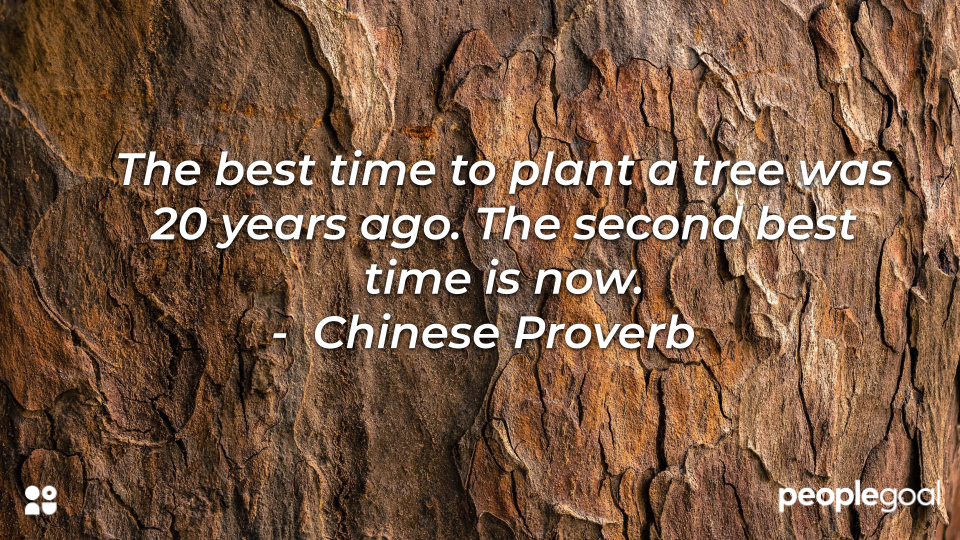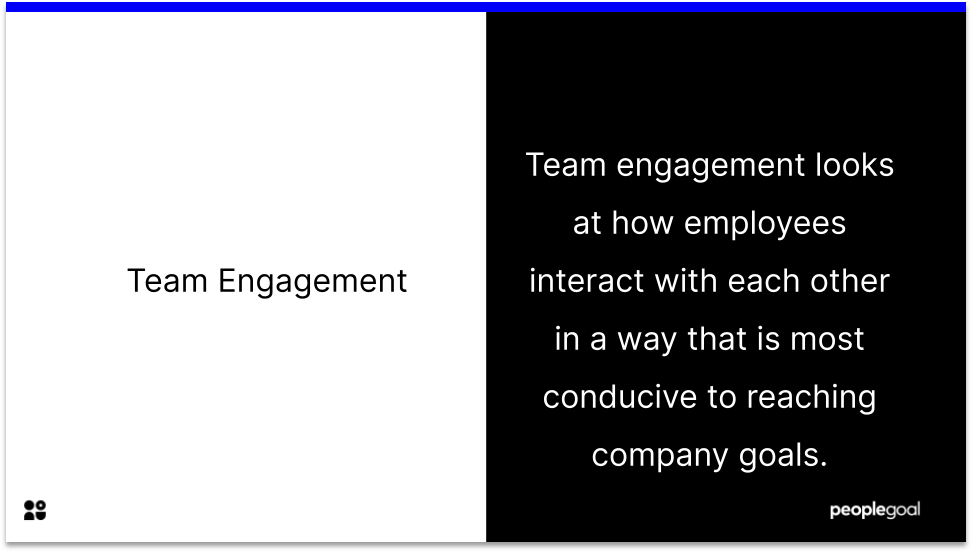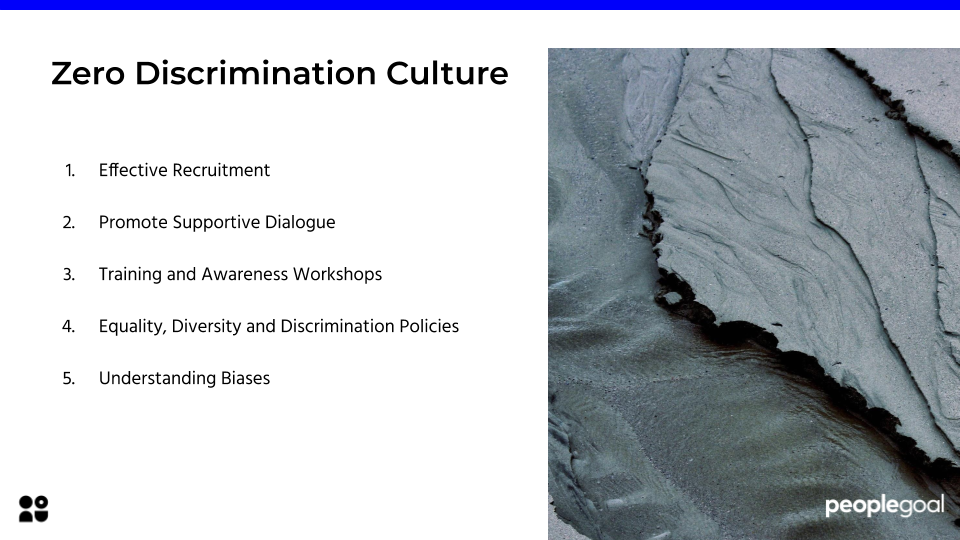Western society as a whole tends to celebrate extroversion. This is true, and perhaps more relevant in business, where communication, boldness and, indeed, in some cases, arrogance are held up as the pillars of entrepreneurial success. Such thinking leaves a massive group of untapped potential, introverts in the workplace.
However, as we discussed in our blog on identifying employee strengths and weaknesses because these values are widely held, it is easy for some employees to come off as more valuable, whilst others’ potential is overshadowed. Yet, it should not be the case in a progressive modern workplace.
One problem that they pose is that, as said previously, there are competitive people and there are people who are not and sometimes this fact can obscure the reality of your talent bank.
Take the following employee example:
At work, John tends to slack off a bit when he knows he can get away with it. But, he’s “got the gift of the gab” and is hugely ambitious. Thus, he jumps at every chance to impress the boss and will sweet talk colleagues he has worked with to send him positive feedback. They are happy to do so, as he always smashes the pitch and lands a fair amount of leads and, most of all, he is a big part of the culture there. Always the life of the social events and a king of small talk, first to ask how your weekend was, he’s valued by his colleagues. Always first to sign up to contests, his eagerness to progress shines through to management and his name comes up frequently on the boss’ performance management software. John is an extrovert.
Emma is not hugely ambitious but does dream of someday working for herself. She keeps to herself and, when given the option, will work independently. She does not seek approval from senior management, she’s not massively bothered about progressing within the company or earning more money for that matter. Despite this, she has a strong internal work ethic a unique aptitude for problem-solving and, in terms of work output, she outrivals her counterparts greatly and is a good listener. As she rarely works with other people, she rarely gets feedback and thus has no idea of her potential, and neither do her seniors. Emma is an introvert.
Both of these individuals have strengths and weaknesses however, only one of them is recognized. Because of his extroverted personality type, appetite for competition and motivation for career progression, John comes out on top from the perspective of management. Whereas Emma, who perhaps is a bit more humble, blends into the background whilst sitting on a secret – she has the skills needed to elevate the company. The point is, that there could be untapped potential within your team because certain individuals are not incentivized to show them off or motivated to apply them.
Fear not, there are solutions to this problem:

1. Tailored Incentives
Different people are incentivized by different things. When creating competitions, don’t think of what you would like as a reward or prize, dedicate time to paying attention to your employees, and think of what an introvert might want. For example, a computer game, or you could even offer certain privileges at work that may appeal to less social employees, such as the ability to work from home once a week.
2. One-on-one Meetings
Don’t make the mistake of thinking introverts don’t have ideas just because they contribute less in meetings. They may not feel confident enough to voice their ideas in a social setting, especially when they can’t get in a word edgeways, having to compete with a number of other colleagues who are eager to be heard first. Set up a face-to-face meeting, in a place that isn’t too loud or busy, to give them an opportunity to share their ideas in a non-judgemental environment.
3. Build writing time into meetings
Have you ever walked out of an argument or an interview and thought of something you could have said which would have made you look fantastic? Everybody has. And far more introverts have. That is why Amazon CEO Jeff Bezos, before every meeting, gives his employees 30 minutes to read over the agenda, to allow them some time to formulate valuable ideas and an opportunity jot them down before verbalizing them.
This is extremely valuable for ay employee, as any communication is always far superior after some planning. As said, in the previous point, in the most competitive environments, meetings can often behave like a race – which idea is the loudest or heard first. This philosophy means that very little of the ideas you are hearing actually have value, as little time was put into formulating them.
It especially benefits introverts, as they tend to struggle more with communicating. Giving them time, not only to plan how they will structure their point but also to emotionally prepare themselves to pitch it, will change the dynamic of your meeting into one which produces a diverse range of ideas that actually convert.
4. Challenge introverts with detail-oriented problems
Studies show that introverts excel at problem-solving and strategizing, so delegate detailed, analysis-heavy assignments to your introverted team members.
“Extroverts are more likely to take a quick-and-dirty approach to problem solving, trading accuracy for speed, making increasing numbers of mistakes as they go, and abandoning ship altogether when the problem seems too difficult or frustrating. Introverts think before they act, digest information thoroughly, stay on task longer, give up less easily, and work more accurately.” – Susan Cain
Often the most reserved people are the wisest. Why? Not because they have the mind of a monk or cunning fox, but because when you stay quiet and are able to tune out the noise, you can see the bigger picture and notice the errors that are flying under the radar. For this reason, you may want to give your most competent introverted employees the responsibility of monitoring or overseeing how the overall project is going, whilst extroverts allocate most of their cognitive capacity to the goal at hand.
Some of the most renowned inventors are introverts; Bill Gates, Larry Page, Albert Einstein…the list goes on. If you run a creative or innovative industry, make sure you are creating an environment where your shyer employees have the time and freedom to test our their ideas.
Give them space
It was National Personal Space Day last week , and hopefully, by now, most managers understand that there is an appropriate and inappropriate way of behaving around employees, outgoing or not. But, respecting someone’s space does not just refer to body language. Whilst some employees will need constant monitoring, introverts perform best when left to their own devices – they prefer not to be interrupted unexpectedly. Instead, schedule intermittent check-ins at specific intervals throughout the projects, so they can prepare appropriately for feedback. This would also facilitate them to work from home as well, something introverts often opt for.
“They are the people who can help you think deeply, strategize, solve complex problems, and spot canaries in your coal mine.”

Verdict
Remember that, although it may not seem that way, a large proportion, perhaps the majority of your workforce is introverted. Note that the employees your encounter most of the time, do not reflect the composition, values or work habits of your whole workforce. Think twice about how you design your organization’s office space. Don’t expect all personality types to get jazzed up about open office plans or, for that matter, lunchtime birthday parties or team-building retreats.
Above all, talk to your introverted employees. Find out how they prefer to work and incorporate their ideas into your operations. Companies function best when their employees feel comfortable and motivated in their work environments. By taking introverts’ unique strengths into account, you’ll benefit from their sharp, well-reasoned ideas and methods.
Ready to 3x Your Teams' Performance?
Use the best performance management software to align goals, track progress, and boost employee engagement.






